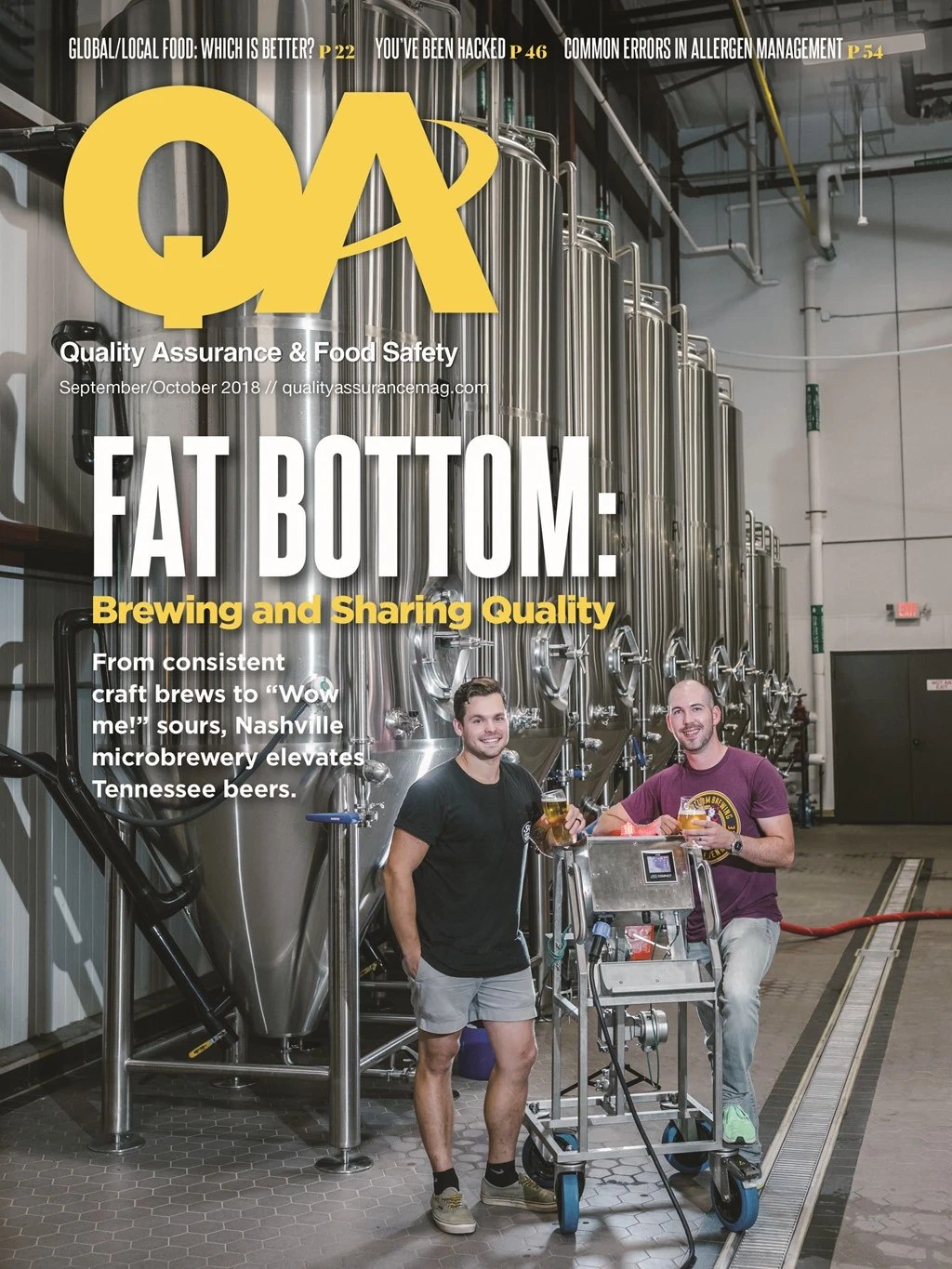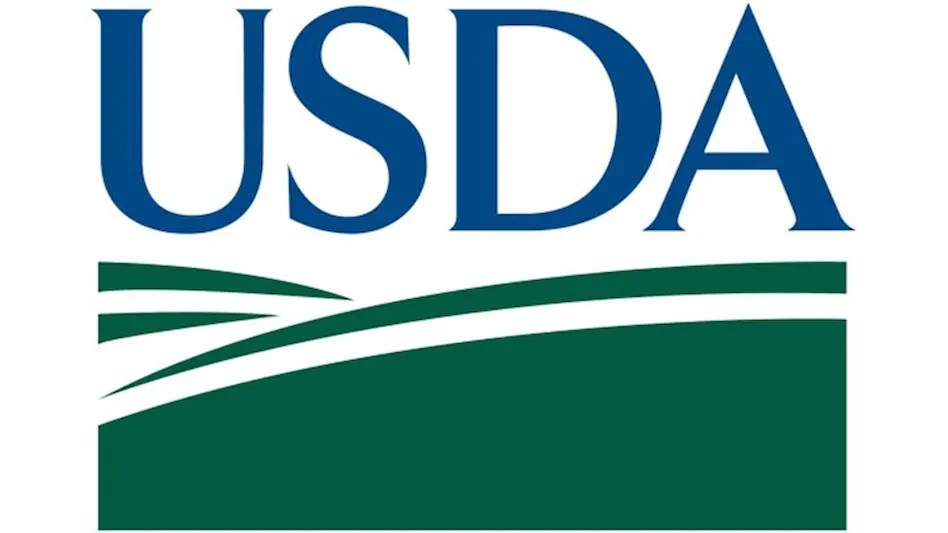

The general definition of edible — “fit to be eaten as food” — is applicable to the products produced by everyone in the food and beverage industry. But the simple act of adding an “s” to the end of the word completely changes its meaning today. In case you’re not in the loop on this one, you would be wise to not refer to your foods as edibles unless they are cannabis-infused; i.e., a marijuana product. Although the meaning has not yet hit most mainline dictionaries, it has become a universal association and could cause some raised eyebrows (and new customers) should you decide to call your fancy new brownies, Specialty Edibles.
On the other hand, with the continual expansion of this still-nascent (and federally illegal) industry, it may be an area that food manufacturers should be considering — or at least staying up to date on. I say that for a few reasons. One of which is the very fact that the edibles industry has a real need for knowledgeable and trained food safety managers. While the states which have legalized the medical and/or recreational manufacture and consumption have each set their own regulations, the federal illegality of cannabis means that the manufacturers are not subject to federal food safety regulation — and many states have not integrated extensive food safety into their rules, or at least not yet. Additionally, the industry tends to be somewhat self-contained, in that the workers are often those for whom marijuana growing and harvesting and selling at a state level has long been a part of their lives. Thus, many are not trained in food safety to the standard food industry level.
In fact, that is one of the key reasons that TAG is venturing into the fray. Although I am not prone to using this column as self-promotion, I do feel I need to relay our new HashTAG division — both as a matter of disclosure, and because there is such a need for food safety consultation and development in this fast-growing industry. Because there have been recalls. The most common reason is pesticide residue in the products, but there also have been incidents of non-food-grade ingredients used in the edibles, as well as other food safety issues, such as lack of refrigeration and use of processes insufficient to kill bacteria.
And the industry is growing:
- As of June, 30 states had legalized medical marijuana; nine states and Washington, D.C. had legalized recreational use for adults (21 and over).
- In 2017, legal marijuana generated $16 billion. By 2021, it is projected that legal cannabis will generate $39.6 billion; 414,000 jobs; and more than $4 billion in tax receipts. (Arcview Market Research/BDS Analytics)
Additionally, while it is still federally illegal, some federal agencies are beginning to jump aboard. In June, FDA approved a specific cannabidiol (CBD) drug for a particular treatment of seizures. While careful to state that it is not approving marijuana as a whole “as a safe and effective drug for any indication,” it “is aware that there is considerable interest in the use of marijuana to attempt to treat a number of medical conditions,” and the agency “supports those in the medical research community who intend to study marijuana.” That is certainly a step forward toward at least specified medical uses.
And FDA is not the only agency in the fray. The National Environmental Health Association (NEHA) — which, appropriately enough, is based in Denver, Colo. — has published food safety documents for both manufacturers and consumers. Its NEHA Food Safety Guidance for Cannabis-Infused Products and NEHA’s Policy Statement on Food Safety as Related to the Consumption of Cannabis-Infused Food Products are available through its Cannabis Resources webpage, which also includes a glossary of terms and link to webinars which “include a focus on environmental health and edible cannabis products.” Whether NEHA sees the value of marijuana or simply sees it as the future for which guidance is needed, the gradual federal involvement can only be beneficial to an industry that continues to face other state and Congressional roadblocks.
Just north of the U.S., the Canadian government has taken the major step to legalize recreational cannabis use at the federal level. The impact of this is imminent with recreational cannabis use in Canada becoming legal on October 17, 2018. Once the Act takes effect, adults (those 18 or 19 and older, depending on the province or territory) will be able to legally purchase, grow, and use a limited quantity of cannabis. Although recreational edibles don’t become legal until July 2019, some food and beverage companies are already working on or toward production of cannabis-infused foods and drink. (For more information on Canada’s legality, see our HashTAG Insights post.)
There are, of course, numerous issues with producing edibles today, most of which are caused by the federal illegality. Not only is there a patchwork of regulations (such as that we wished to avoid with GMOs) and a lack of food safety knowledge, but because the cannabis cannot cross state lines, national manufacturing is a non-starter.
But whether or not your company is quite ready to jump into the weeds, we all, as the food industry, need to understand this emerging edibles market — which could even be using your product as an ingredient. They are one of us, and it’s likely only a matter of time before edibles is an accepted food industry segment at the federal level.

Explore the October 2018 Issue
Check out more from this issue and find your next story to read.
Latest from Quality Assurance & Food Safety
- Bird Flu: What FSQA Professionals Need to Know
- Registration Open for 129th AFDO Annual Educational Conference
- Frank Yiannas, Aquatiq Partner to Expand Global Reach of Food Safety Culture
- World Food Safety Day 2025 Theme: Science in Action
- Ancera Launches Poultry Analytics System
- USDA Terminates Two Longstanding Food Safety Advisory Committees
- Catalyst Food Leaders Announces Virtual Leadership Summit for People in Food
- Food Safety Latam Summit 2025 Set for Mexico City





